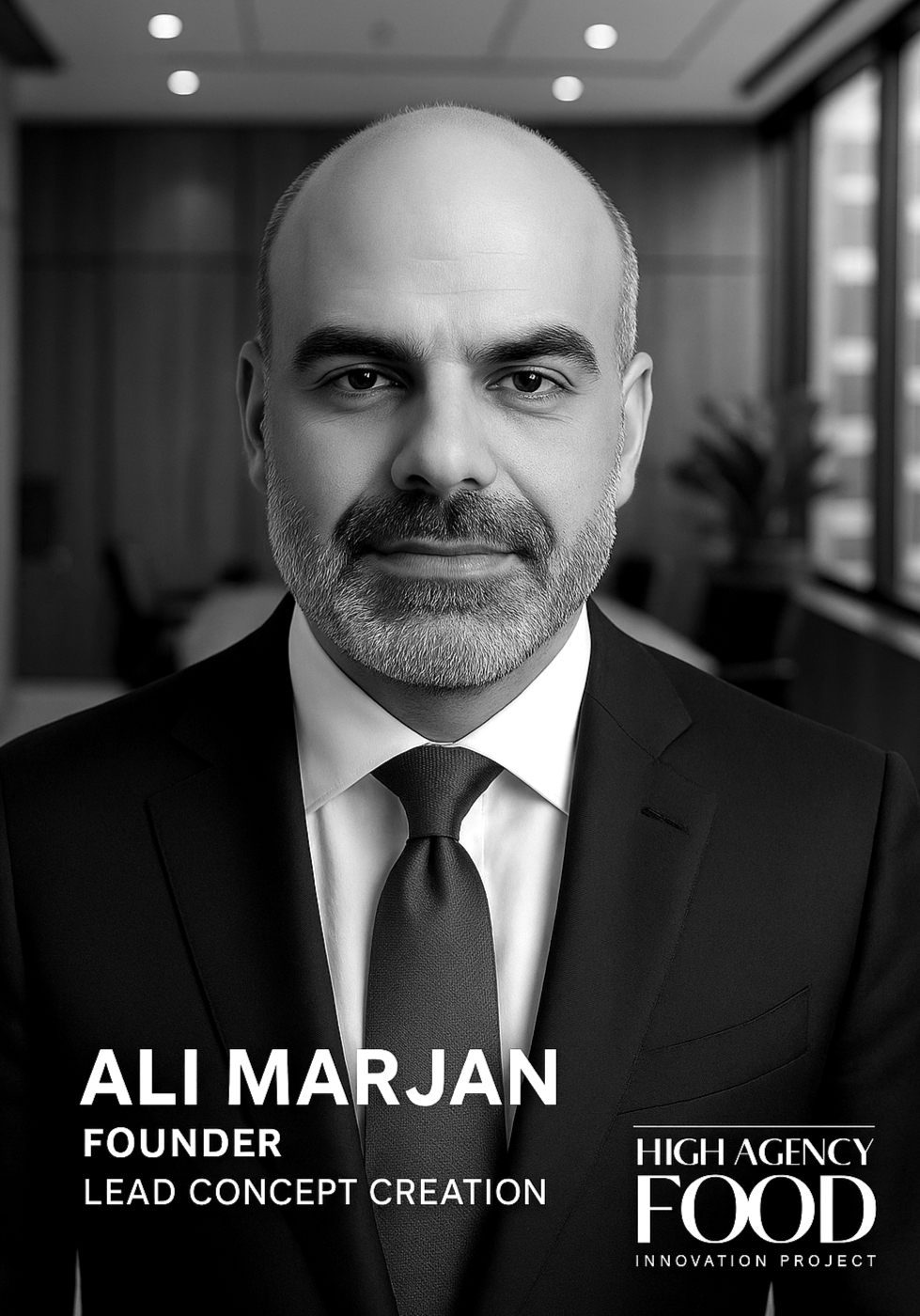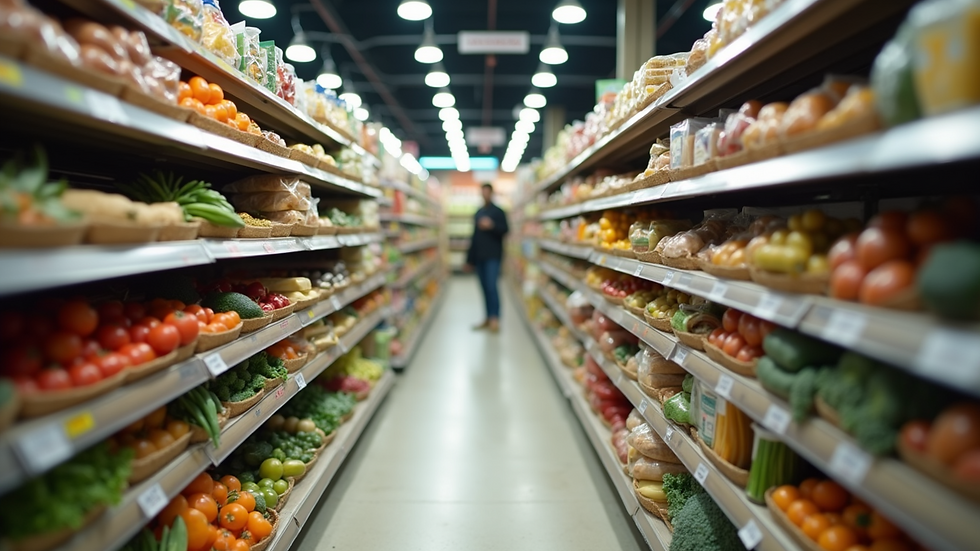Why the Future of Food Will Be Built by Irrational Thinkers
- Ali Marjan

- Aug 19, 2025
- 2 min read
Updated: Sep 3, 2025
Innovation in food is crowded with “smart” strategies. Data is everywhere, category reports stack higher than shelves, and every launch is framed as evidence-based. Yet, walk down the frozen or chilled aisle and you’ll see the truth: sameness, copycatting, and incremental tweaks pretending to be innovation.
The missing ingredient? High Agency Thinking.
What High Agency Really Means
High Agency isn’t just problem-solving—it’s refusing to accept the problem as defined. Most manufacturers “intervene” in categories by trying to correct an issue: plant-based sales are slowing, so they tweak the packaging; meal kits are flat, so they shift portion sizes. Intervention is survival thinking.
High Agency, by contrast, is irrational thinking put to work. It asks: what if the whole frame is wrong? What if the decline of plant-based isn’t about marketing, but about the fact the category never had a reason to exist? What if the answer to shrinking attention spans isn’t longer product runs, but shorter ones?
Why Irrational Thinking Wins
Rationality is conservative—it assumes the world tomorrow looks like the world today. Irrationality, when applied with intent, creates possibilities others can’t see.
Think of air fryers. The rational take was that they were a niche kitchen gadget. The irrational take was: this isn’t a gadget—it’s a new cooking paradigm. The brands that understood that early built products and identities around it. Now, air fry-first food is shaping categories across snacks, meals, and frozen dinners.
This is where SMEs with High Agency Thinking pull ahead. They aren’t anchored by historic assumptions or multi-year pipelines. They can embrace the irrational insight, test it, and ride the cultural current before big food even agrees on the PowerPoint.
Where Big Food Gets Stuck
Large organizations are structured to suppress irrationality. Risk departments, long approvals, endless stage-gates—everything is designed to prevent deviation. The irony is that in a market defined by constant change, the refusal to deviate is the riskiest move of all.
That’s why incumbents endlessly chase “plant-based 2.0” or “better-for-you 3.0”—solutions that treat yesterday’s assumptions as eternal. Meanwhile, consumers have already moved on.
High Agency in Practice
For SMEs, High Agency isn’t an abstract philosophy. It’s a discipline:
Refusing to take categories at face value.
Seeing irrational possibilities where others see closed doors.
Designing products that feel like they came from tomorrow, not from a category review document.
It means asking: what would we launch if we weren’t scared of being “too different”? and then actually doing it.

The Future Belongs to the Irrational
The chilled and frozen aisles are about to be rewritten. Shorter consumer attention spans, more volatile demand cycles, and collapsing category loyalty will make rational planning obsolete. The future will be built by those willing to lean into irrational truths, not deny them.
High Agency Thinking isn’t a motivational phrase—it’s the operating system for the next wave of food innovation. And it will be SMEs who prove that irrationality, intelligently applied, is the only rational path forward.




Comments